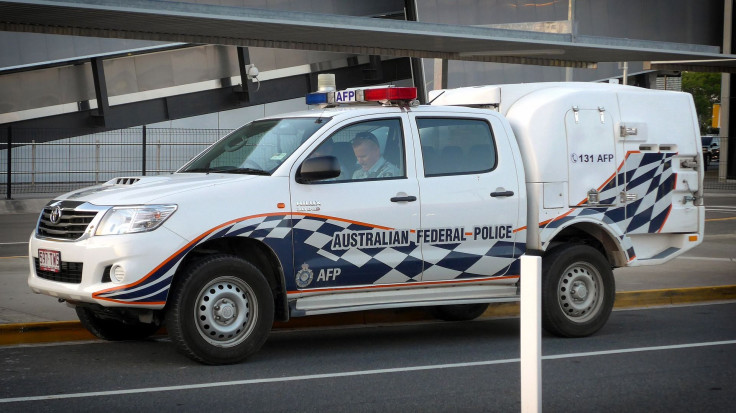Police Accuse Dying Man Of ‘Feigning Unconsciousness’ During Arrest; Audio Recording Released
KEY POINTS
- Police accused Paul Reid, 50, of "feigning unconsciousness" during his fatal arrest in 2017
- Officers allegedly did not give him his heart medication and applied force to his neck
- Reid’s family said they informed officers about his medication, but they did not listen
A 50-year-old man in Adelaide, South Australia, who died as he was being arrested in 2017 was accused by police of "feigning unconsciousness" during the encounter, released audio recordings from an investigation revealed this week.
Aboriginal man Paul Reid died of a medical condition during his arrest at Parafield Gardens on May 26, 2017, Australian newspaper The Herald Sun reported.
Police were called to the father of ten's house at around 2:30 a.m. after his wife, identified as Rosemary Hadley by 7News.com.au, called authorities and said she feared he was going to hit her.
"My partner’s going off, my kids are holding him down because he wants to hit me," Hadley was heard saying in an audio recording presented before an inquest investigating Reid's death. He allegedly attempted to hit his wife with a didgeridoo, which is an Australian wind instrument.
Reid was placed under arrest for aggravated assault shortly before 2:50 a.m., the inquest heard. One of the arresting officers, Senior Constable Mark Brookes, then requested an ambulance at around 2:55 a.m. as he claimed Reid "has decided to feign unconsciousness."
"He was up and shouting and yelling prior to the handcuffs going on and he suddenly decided to go non-responsive but no episode preceding it to indicate he has any injuries or underlying issues," Brookes was heard saying in the audio recording.
Sally Giles, the counsel assisting the coroner in the case, told the inquest another officer said in a statement that he "assumed Mr. Reid was faking his response to being arrested."
Reid was later declared dead at 4 a.m. A post-mortem determined his cause of death was ischemic heart disease.
Family members claimed Reid was not given his glyceryl trinitrate spray medication for a heart condition during the arrest despite their attempts to alert police. Reid was allegedly diagnosed with a "significant coronary artery disease" in November 2016, which was deemed unsuitable for bypass surgery.
"I tried to give it to them but they wouldn’t take it, they refused to take it," Reid's son, Chris Reid, was quoted as saying at the time.
Additionally, Paul's family members were concerned that force was applied to his neck during the arrest.
"They grabbed him by the throat and said ‘don’t tell me how to do my f--king job,'" Chris recalled.
Brookes, however, did not recall anyone at the house mentioning a heart condition or officers applying force on Paul's neck.
Paul had been non-compliant with taking his heart condition's medication for many months leading up to his death, Giles claimed.
The counsel explained the inquest would explore issues including the run-up to and manner of Reid's arrest, the timing of contacting an ambulance and officers' knowledge of his medical condition.
Jane Powell, who represented Paul's family, claimed the family had identified three issues of concern in the case, which are the use of force against Paul before his arrest, the unresponsiveness of police to his medical emergency and the failure to shield or cover his body after his death.
The inquest is still ongoing.

© Copyright IBTimes 2025. All rights reserved.




















